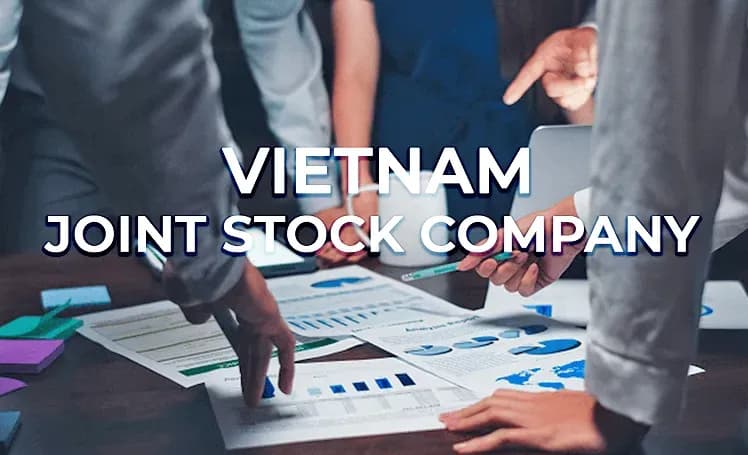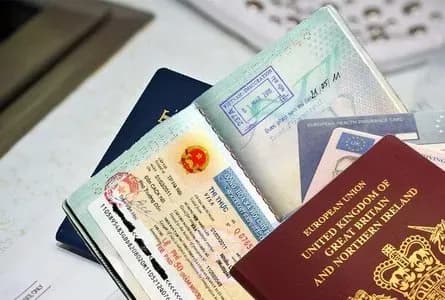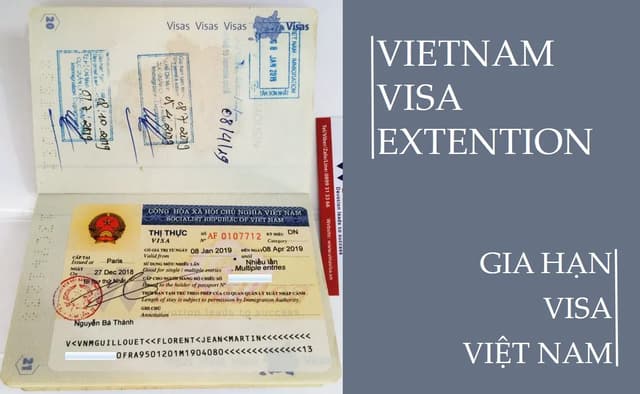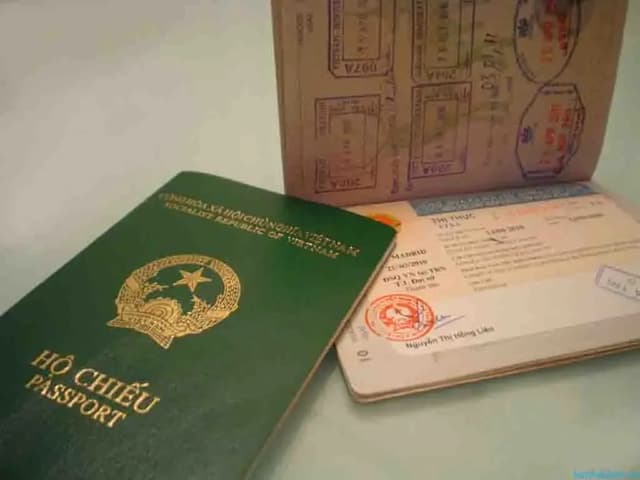Learn about joint stock companies under Vietnamese law
By Hoa Nguyen
04/12/2024
This article provides an overview of joint stock companies under Vietnamese law. You will learn about the conditions for establishment, the rights and obligations of shareholders, as well as other important legal regulations that joint stock companies must comply with to operate legally and effectively in Vietnam.

1. A joint stock company is an enterprise in which:
- Charter capital is divided into equal parts called shares;
- Shareholders can be organizations or individuals; the minimum number of shareholders is 03 and there is no limit on the maximum number;
- Shareholders are only responsible for the debts and other financial obligations of the enterprise within the scope of the capital contributed to the enterprise;
- Shareholders have the right to freely transfer their shares to others, except in the cases specified in Clause 3, Article 120 and Clause 1, Article 127 of the Enterprise Law 2020.
(According to Clause 1, Article 111 of the Enterprise Law 2020)
2. Some basic characteristics of joint stock companies
Joint stock companies have many special characteristics that are different from other types of businesses.
2.1 .About company shareholders
Members of a joint stock company are called shareholders. Shareholders are people who own at least one share of the company.
The law only stipulates that the minimum number of shareholders of a joint stock company is 03 and does not limit the maximum number. This allows the joint stock company to expand the number of members according to its needs.
2.2. Charter capital of the company
The charter capital of a joint stock company at the time of business registration is the total par value of all types of shares that have been registered for purchase and recorded in the company's charter.
The charter capital of a joint stock company is divided into equal parts called shares. Organizations or individuals participate in the company by purchasing shares, which can be one or more shares.
2.3. Types of shares
According to Article 114 of the Enterprise Law 2020, there are the following types of shares:
– Common stock;
– Preferred shares. Preferred shares are of the following types:
+ Voting preference shares: Only organizations authorized by the Government and founding shareholders are entitled to hold voting preference shares.
+ Dividend preference shares;
+ Redeemable preferred shares;
+ Other preferred shares as prescribed by the Company Charter.
The person entitled to purchase dividend preference shares, redeemable preference shares and other preference shares as prescribed in the Company Charter or decided by the General Meeting of Shareholders.
2.4. Characteristics of legal status
According to the 2015 Civil Code, an organization is recognized as a legal entity when it meets the following conditions:
– Legally established;
– Has a tight organizational structure;
– Have assets independent of other individuals and organizations and be responsible for those assets;
- Participate in legal relationships independently on one's own behalf.
A joint stock company has full legal status. The company is responsible for its debts. The company can become a plaintiff or a defendant in civil or commercial disputes, if any. The company has the right to own its own property. Shareholders only own company shares, not company assets.
2.5. Liability regime of joint stock company
The liability regime of a joint stock company is limited liability:
– The company will be responsible with all of its assets.
– Shareholders are responsible for debts up to the capital contributed to the company.
2.6. Ability to raise capital
Compared to other types of companies, joint stock companies have the ability to mobilize capital flexibly. Like other types of companies, joint stock companies can mobilize capital from loans from domestic and foreign organizations and individuals. In addition, joint stock companies can mobilize capital by issuing stocks and bonds.
+ Stocks are certificates issued by a joint stock company, book entries or electronic data confirming ownership of one or more shares of that company. Issuing shares is a strength that a limited liability company does not have.
+ Joint stock companies have the right to issue bonds, convertible bonds and other types of bonds in accordance with the provisions of law and the Company Charter.
This flexible capital mobilization mechanism is one of the advantages. Individuals and organizations establish joint stock companies so that they can be more proactive about capital sources when needed.
Vietnam visa application service for foreigners
By Hoa Nguyen
16/10/2024
Our Vietnam visa application service provides a quick and convenient solution for foreigners who need to enter and temporarily reside in Vietnam. We provide short-term and long-term visas for tourism, business, investment and visiting relatives. With a simple and professional process, we ensure to save time and bring satisfaction to customers. Contact us now for support!
Extend Vietnam visa procedures for foreigners
By Van Vu
16/10/2024
Extending Vietnam visa for foreigners is one of the important services to ensure legal residence in Vietnam. We provide a fast and simple visa extension process, suitable for various types of visas such as tourism, business, and visiting family. With attentive and professional support, we commit to bringing convenience and peace of mind to customers during the visa extension process. Contact us for detailed advice and support on extending Vietnam visa procedures.
Procedures for applying for visas for foreigners working in Vietnam
By Van Vu
16/10/2024
This article provides detailed instructions on the procedures for applying for visas for foreigners working in Vietnam, including short-term and long-term visa types, as well as corresponding conditions and expiry dates. In addition, information on legal regulations and necessary documents is also provided to support foreign workers and businesses in carrying out procedures effectively and legally.
Visa issuance for foreigners at international border gates
By Van Vu
21/10/2024
According to Article 18 of the Law on Entry, Exit, Transit and Residence of Foreigners in Vietnam 2014, the issuance of visas at international border gates for foreigners is regulated in detail.




